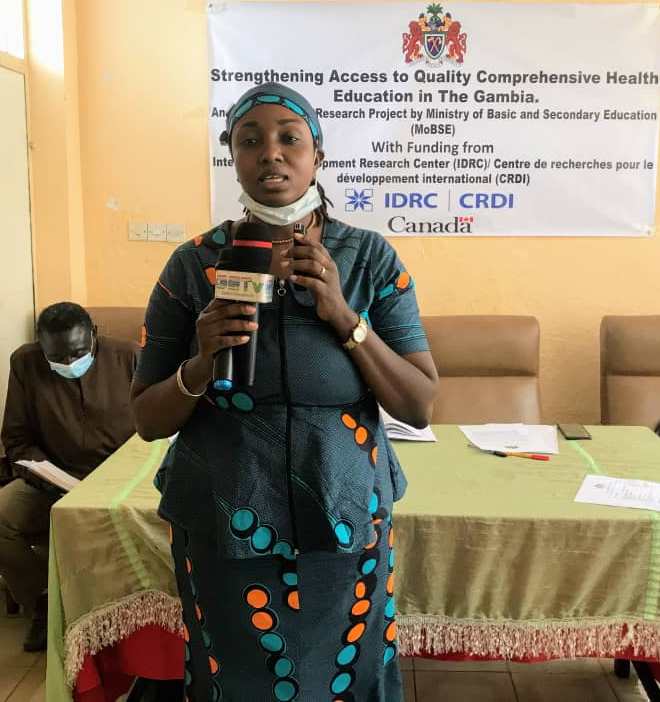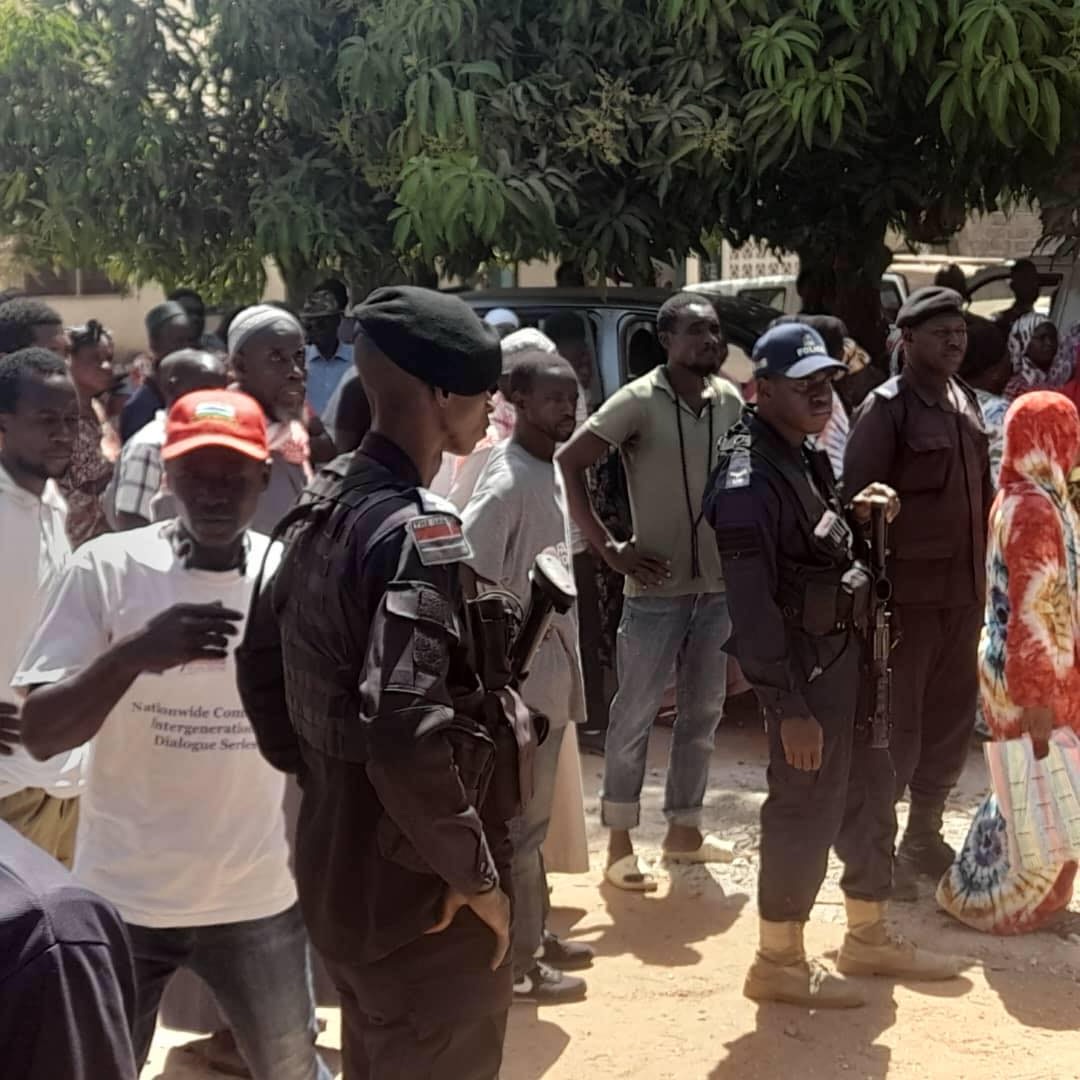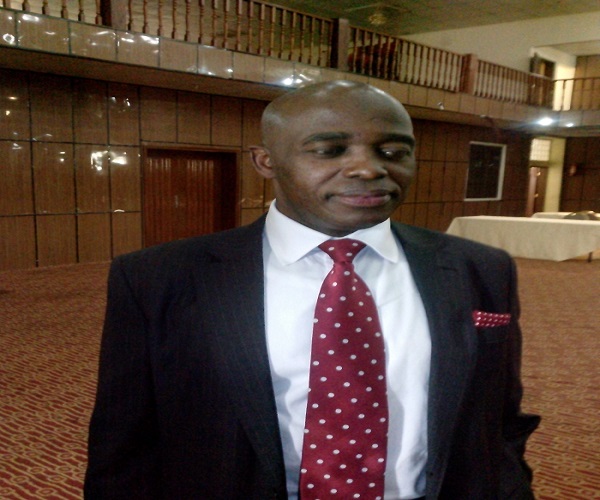By Landing Colley
The Ministry of Basic and Secondary Education has embarked on adolescent sexual and reproductive health (ASRH) issues.
The ASRH is part of a project titled – Strengthening Access to Quality Comprehensive Health Education in The Gambia, an implementation research project done by Ministry of Basic and Secondary Education and funded by International Development Research Center (IDRC), Canada.
The two-day forum which kicked-start in Banjul City Council was attended by different stakeholders including Deputy Mayor of Banjul, religious leaders, counselors from the Banjul City Council, representatives from Civil Society Organizations and non-governmental organizations and among others.
The five-year project which came after a conducted study that revealed lacks of communication between adolescent and their parents on different health issues such as menstruation, prevention of pregnancy as well as the use of contraceptive.
The implementation of this research project funded by IDRC aimed at strengthening access to quality comprehensive health education that will create awareness in the life of adolescents in sexual reproductive health.
Speaking on behalf of the director of curriculum at Ministry of Basic and Secondary Education (MoBSE), in Banjul over the weekend, Mrs Fatou Dally Bittaye, stressed the importance of such forum. She said it is important to organize such event with parents as it was meant to share the outcome of the research conducted especially that communication and sensitization between homes and schools is lacking.
She reiterated that the main outcome of the research is problem of communication and sensitizations citing that there is huge adolescent who are in to early marriages, unwanted pregnancy.
Mrs. Bittaye affirmed that the project is for both in and out of school children “and a is designed to help them to have a better understanding of their body as well as to know their responsibilities.”
Mrs Phebian Ina Grant-Sagnia, principal investigator of the project for Strengthening Access to Quality Comprehensive Health Education for in-and-out of School Adolescents in Region I, The Gambia who is also a Principal Health Researcher Ministry of Health said “the sexuality aspect is a problem because of the culture of our country but this Comprehensive Health Education (CHE) is meant to create awareness for adolescent in and out of the school.”
According to her, they will teach them about reproductive system and non-communicable diseases such as STD, STI, and HIV as most of these adolescents have little understanding in preventing this infection.
In their finding, she said most of the adolescents confirmed that they do not communicate with their parent likewise the parents’. “We need to teach them and train them on things they need to know as adolescents,” she emphasized.
She explained that in November 2020 the researchers interviewed 43 schools including Banjul and Kanifing and out of the 43 schools, 35 students were interviewed in each school as well as 129 teachers. The total students interviewed were1,505 all shown interest for this education to be implemented in school as they mentioned that they either get this information from social media, peer pressure.
However, in an open discussion with parent nearly all of them agreed for the program to be implemented in both schools and society that will help to improve children’s knowledge on reproductive health.





